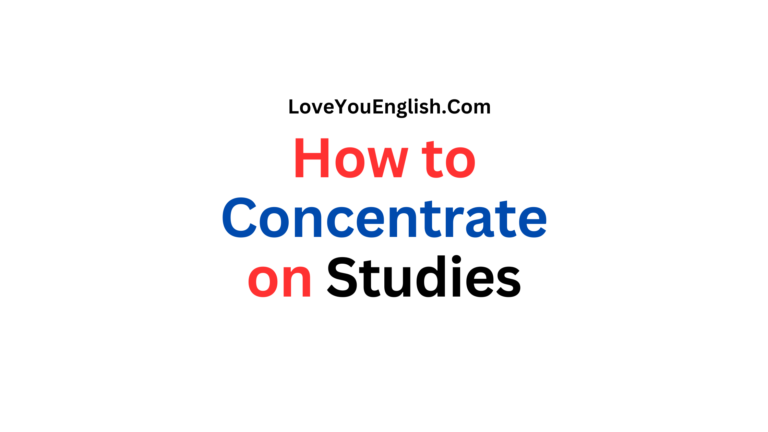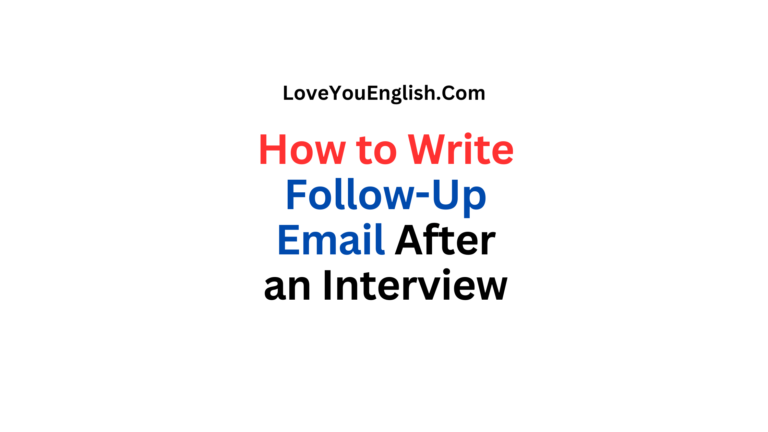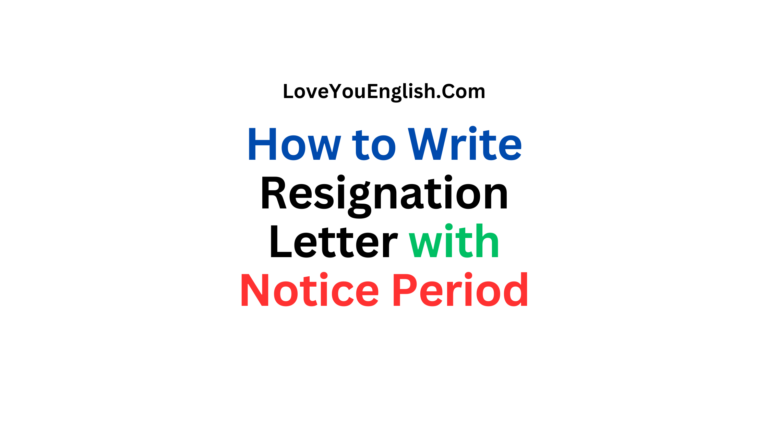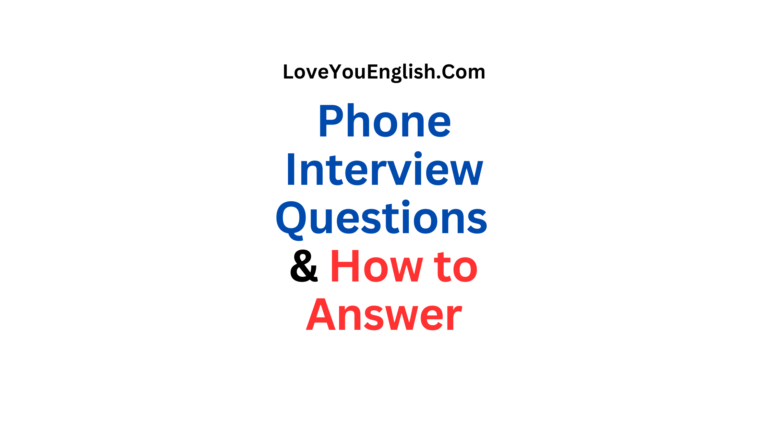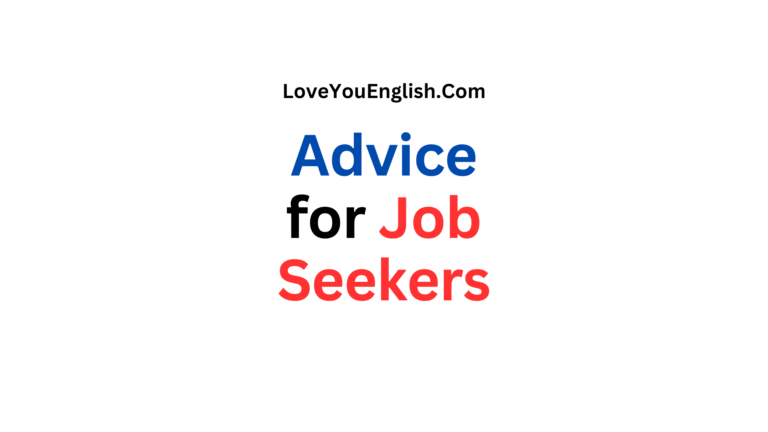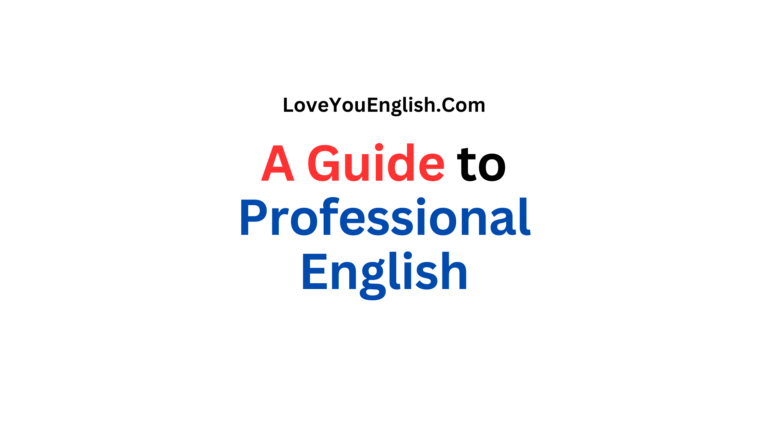How to Write an Interview Thank You Email [Tips + Examples]
In today’s tough job market, every little thing counts when it comes to getting your dream job.
One step that people often forget about but is really important in the interview process is sending a well-written thank you email after your interview.
This small thing can make you stand out from other people applying for the job, show that you’re still interested in the job, and leave a good impression on the person who might hire you.
In this guide, I’ll talk about how to write a good thank you email after an interview, with tips, examples, and the best ways to do it.
Why Send a Thank You Email?
Before diving into the specifics of how to write a thank you email, let’s first understand why it’s so important:
Shows professionalism and courtesy:
Sending a thank you email demonstrates that you value the interviewer’s time and appreciate the opportunity to discuss the position.
Keeps you top of mind:
A well-timed thank you email reminds the interviewer of your conversation and keeps you fresh in their memory as they make hiring decisions.
Reinforces your interest:
It’s an opportunity to reiterate your enthusiasm for the role and the company.
Addresses any lingering concerns:
You can use this email to clarify any points from the interview or provide additional information that might strengthen your candidacy.
Sets you apart:
Many candidates don’t send thank you emails, so doing so can differentiate you from the competition.
When to Send Your Thank You Email
Timing is crucial when it comes to sending your thank you email.
Here are some guidelines:
Send within 24 hours:
Aim to send your email within 24 hours of your interview. This ensures that the conversation is still fresh in both your mind and the interviewer’s.
Consider business hours:
If your interview was in the late afternoon, it’s acceptable to send the email the following morning. This prevents your message from getting lost in the interviewer’s end-of-day inbox flood.
Multiple interviewers:
If you met with multiple people, send individual emails to each person within the same timeframe.
After a phone or video interview:
Don’t forget to send thank you emails after phone or video interviews as well. The same rules apply.
Key Elements of an Effective Thank You Email
Now that we understand the importance and timing of thank you emails, let’s break down the essential components that make up an effective message:
Clear subject line:
Use a straightforward subject line that clearly indicates the purpose of your email, such as “Thank You – [Your Name] – [Position] Interview.”
Proper greeting:
Address the interviewer by name, using the appropriate title (Mr., Ms., Dr., etc.) unless they’ve specifically asked you to use their first name.
Express gratitude:
Start by thanking the interviewer for their time and the opportunity to discuss the position.
Personalize the content:
Reference specific topics or moments from your conversation to show that you were engaged and attentive during the interview.
Reiterate your interest:
Confirm your enthusiasm for the role and the company, explaining why you believe you’d be a great fit.
Address any concerns:
If there were any areas where you felt you could have elaborated more during the interview, take this opportunity to provide additional information.
Next steps:
Mention that you’re looking forward to hearing about the next steps in the process.
Professional closing:
End with a professional sign-off, such as “Best regards” or “Sincerely,” followed by your full name.
Tips for Writing an Impactful Thank You Email
To make your thank you email stand out, consider these tips:
Keep it concise:
While you want to include all necessary information, keep your email brief and to the point. Aim for 3-4 short paragraphs.
Proofread carefully:
Errors in your thank you email can undo the positive impression you made during the interview. Double-check for spelling, grammar, and punctuation mistakes.
Use a professional tone:
Maintain a formal, respectful tone throughout the email, even if your interview was more casual.
Tailor your message:
Customize each email if you’re writing to multiple interviewers. Reference specific conversations you had with each person.
Highlight your strengths:
Subtly remind the interviewer of your key qualifications and how they align with the position.
Show you’ve done your homework:
If appropriate, mention any company news or industry trends that relate to your discussion.
Be genuine:
While it’s important to be professional, let your personality shine through. Authenticity can help build a connection with the interviewer.
Include any requested information:
If the interviewer asked you to provide additional details or documents, mention that you’ve included them or will send them separately.
Use a clear, readable format:
Choose a professional font and use proper spacing to ensure your email is easy to read.
Consider adding value:
If relevant, include a link to an article or resource related to a topic you discussed in the interview. This shows initiative and continued engagement with the subject matter.
More professional learning articles:
- 6 Ways to Build Confidence at Work
- How to Prepare for a Job Interview in English
- What Is Personal Development and Why Is It Important?
- Interview Vocabulary: Words Related to Job Interviews
- Linking Short-Term Goals to Long-Term Career Goals
Common Mistakes to Avoid
Even with the best intentions, it’s easy to make mistakes when crafting your thank you email.
Here are some common pitfalls to avoid:
Being too casual:
Maintain a professional tone, even if your interview was informal.
Sending a generic message:
Avoid using a template without personalizing it. Generic thank you emails can come across as insincere.
Overlooking errors:
Typos and grammatical mistakes can make you appear careless. Always proofread multiple times.
Being too lengthy:
Keep your email concise. A long-winded message may not be read in its entirety.
Neglecting to send individual emails:
If you met with multiple people, avoid sending a single group email. Personalize each message.
Forgetting to include your contact information:
Make it easy for the interviewer to reach you by including your phone number and email address in your signature.
Sounding desperate:
While it’s good to express enthusiasm, avoid sounding overly eager or desperate for the position.
Making demands:
The thank you email is not the place to ask about salary or benefits. Save those discussions for later in the process.
Sending too soon:
While promptness is important, sending an email immediately after leaving the interview can seem rushed and insincere.
Following up too aggressively:
If you don’t hear back right away, resist the urge to send multiple follow-up emails. Be patient and respect the hiring timeline they provided.
Examples of Effective Thank You Emails
To help you craft your own thank you email, here are several examples for different scenarios:
Example 1: Standard Thank You Email
Subject: Thank You – Jane Doe – Marketing Manager Interview
Dear Mr. Smith,
Thank you for taking the time to meet with me yesterday regarding the Marketing Manager position at XYZ Company. I enjoyed our conversation and learning more about your team’s innovative approach to digital marketing.
Your description of the challenges facing the department, particularly in expanding your social media presence, aligns perfectly with my experience and skills. As I mentioned, in my previous role at ABC Corp, I successfully increased our Instagram following by 200% in just six months through targeted content strategies.
I’m very excited about the possibility of joining your team and contributing to XYZ’s growth in the e-commerce space. If you need any additional information, please don’t hesitate to contact me.
Thank you again for your time and consideration. I look forward to hearing from you about the next steps in the process.
Best regards,
Jane Doe
(555) 123-4567
Example 2: Thank You After a Phone Interview
Subject: Thank You – John Smith – Software Developer Phone Interview
Dear Ms. Johnson,
I wanted to thank you for the phone interview this morning regarding the Software Developer position at Tech Innovations. I appreciate you taking the time to discuss the role and the exciting projects your team is working on, particularly the AI-driven customer service platform.
Our conversation reinforced my enthusiasm for this opportunity. My experience with Python and machine learning algorithms, which we discussed, seems to align well with the requirements for this position. I’m particularly intrigued by the challenge of optimizing the natural language processing component of your platform.
If you need any further information or would like to schedule an in-person interview, please let me know. I’m looking forward to the possibility of contributing to your team’s success.
Thank you again for your time and consideration.
Sincerely,
John Smith
(555) 987-6543
Example 3: Thank You After a Second Interview
Subject: Thank You – Sarah Lee – Financial Analyst Second Interview
Dear Mr. Brown,
I wanted to express my sincere thanks for the second interview yesterday for the Financial Analyst position at Global Investments. I enjoyed meeting the rest of the team and gaining a deeper understanding of the role and the company culture.
Our discussion about the upcoming merger and the need for detailed financial modeling further solidified my interest in this position. As I mentioned, I have extensive experience with complex financial models and data analysis, which I believe would be valuable in navigating the challenges and opportunities presented by the merger.
I was particularly impressed by the collaborative atmosphere in your office and the emphasis on professional development. These aspects align perfectly with what I’m looking for in my next role.
Thank you again for your time and for providing such a comprehensive view of the position and the company. I’m more excited than ever about the possibility of joining your team. Please don’t hesitate to contact me if you need any additional information.
I look forward to hearing from you about the next steps.
Best regards,
Sarah Lee
(555) 246-8135
Example 4: Thank You After a Video Interview
Subject: Thank You – Michael Chen – UX Designer Video Interview
Dear Dr. Taylor,
I wanted to thank you for the video interview yesterday regarding the UX Designer position at InnoTech Solutions. Despite the virtual format, I felt we had a productive and insightful conversation about the role and the company’s vision for user-centered design.
I was particularly excited to hear about your plans to revamp the mobile app interface. As we discussed, my experience in designing intuitive, accessible interfaces for diverse user groups aligns well with this project. I’ve been reflecting on some of the pain points you mentioned, and I have a few initial ideas that I’d be eager to explore further if given the opportunity.
Thank you for addressing my questions about the collaborative process between the UX team and other departments. The cross-functional approach you described is exactly the kind of environment where I believe I can thrive and make meaningful contributions.
I appreciate your time and consideration. If you need any additional information or examples of my work, please don’t hesitate to ask. I’m looking forward to potentially moving forward in the process.
Best regards,
Michael Chen
(555) 369-2580
Example 5: Thank You After an Informal Interview
Subject: Thank You – Emily Wilson – Content Creator Coffee Chat
Hi Alex,
I wanted to drop you a quick note to say thanks for meeting me for coffee this morning to chat about the Content Creator role at Vibrant Media. I really enjoyed our conversation and learning more about the company’s mission to create engaging, socially responsible content.
Your passion for storytelling and commitment to diverse voices in media really resonated with me. As I mentioned, these values align closely with my own professional goals and experiences.
I’m excited about the possibility of bringing my skills in video production and social media strategy to your team. The project you mentioned about creating a series highlighting local changemakers sounds particularly inspiring, and I’d love the chance to contribute to initiatives like that.
Thanks again for your time and insights. I’m looking forward to potentially continuing our conversation about how I could contribute to Vibrant Media’s innovative work.
Best,
Emily Wilson
(555) 147-2589
Conclusion
It’s super important to send a thank you email after an interview!
Make sure to follow the advice in this guide to write a great message that shows you’re a strong candidate and professional.
This will help you stand out when they’re making their decision.
Remember, the key elements of a strong thank you email include:
- Timely delivery (within 24 hours of the interview)
- A clear, professional subject line
- A personalized message referencing specific points from your conversation
- Reiteration of your interest in the position and company
- Addressing any lingering concerns or providing additional information
- A professional tone and error-free writing
When you write a nice thank you email after an interview, you’re not just saying thanks for the interviewer’s time.
You’re also giving yourself a chance to leave a good impression. In a tough job market, this could make you stand out and help you get the job you really want.
So, after your next interview, be sure to send a thank you email. It’s a little thing that could make a big difference in your job hunt.

![How to Write an Interview Thank You Email [Tips + Examples]](https://loveyouenglish.com/wp-content/uploads/2024/12/Copy-of-page-6.png)
